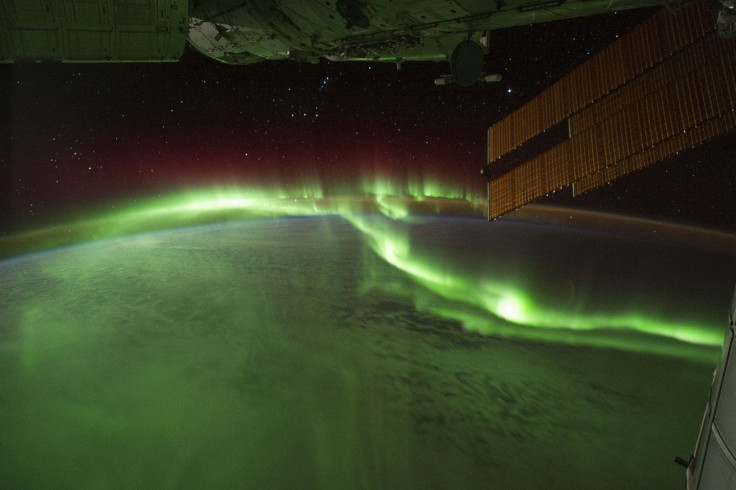Earth’s Magnetic Field is Weakening And Could Collapse Eventually, Expert Warns

KEY POINTS
- Earth's protective magnetic field is consistently weakening
- Satellite data confirmed the decaying state of the magnetic field
- The magnetic field is in danger of collapsing completely
An expert has warned that the magnetic field surrounding Earth has been consistently weakening over the past couple of centuries. If this trend continues, the magnetic field could eventually collapse completely.
Reports from NASA over the years have confirmed that the magnetic field, which protects Earth from highly-charged particles emitted by the Sun, has been displaying erratic behavior. As noted by the agency, the magnetic field has weakened by about 10 percent since the 19th century.
According to C. Stuart Hardwick, a science fiction author and writer for numerous publications including the Huffington Post and Forbes, satellite data revealed that the magnetic field has been decreasing by at least 5 percent per century. This was confirmed by the European Space Agency’s SWARM mission, which consists of three satellites that monitor the magnetic field.
Hardwick noted that SWARM revealed that the magnetic field over certain areas of Earth has decreased dramatically. However, in certain areas, it appears to have strengthened.
“What SWARM has actually found is that after 2.5 years of observation, the Earth’s magnetic field has weakened by about 3.5 [percent] at high latitudes over North America, while it has strengthened about 2 [percent] over Asia,” he wrote on Quora. “In other words, it wiggles and wobbles.”
If the magnetic field’s current trend continues, Hardwick noted that it could eventually collapse completely within the next thousands of years. This suggests that Earth would be vulnerable to violent solar storms and other cosmic threats from space.
But Hardwick noted that the magnetic field’s collapse will most likely not lead to catastrophic events on Earth. As mentioned by the writer and confirmed by space agencies such as NASA, the magnetic field’s collapse is a natural occurrence that has been happening for centuries. Once it collapses, the magnetic field will most likely bounce back to its regular state again.
“The Earth’s magnetic field is weakening, and whether it collapses in the next two thousand years or the next two, it will eventually collapse and flip as it seems to have done regularly for many millions of years,” Hardwick explained.
“It’s happened hundreds of times before, and there is absolutely no evidence that it’s ever caused a mass extinction or even a noticeable disruption to life on Earth,” he continued.
© Copyright IBTimes 2024. All rights reserved.





















